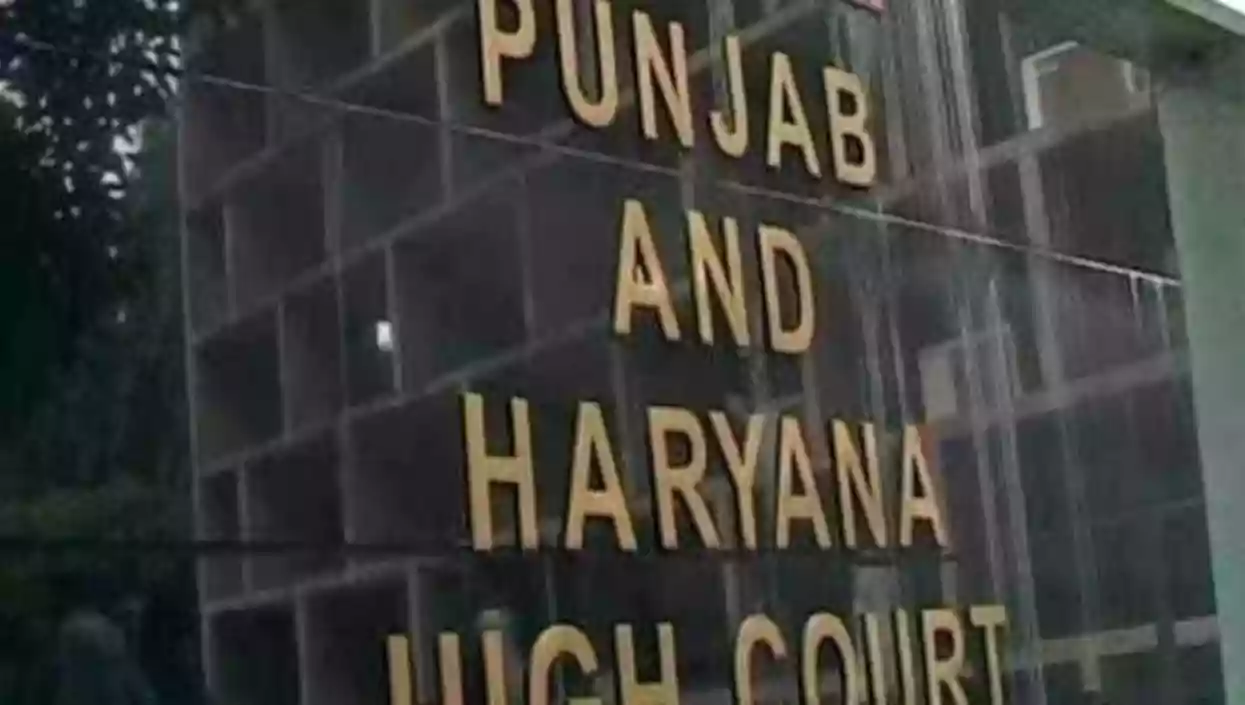.gif)
.gif)

The Punjab and Haryana High Court has raised serious concerns over the usage of the term “bouncer” by private security agencies, stating that it is designed to instill fear, anxiety, and terror in the minds of the public. The court held that this terminology is not only misleading but also fosters a culture of aggression and intimidation, which is “impermissible” in any civilised society.
The observations came during a hearing on an anticipatory bail plea filed by a man running a private security firm. Justice Anoop Chitkara, who presided over the case, noted that the core concern was the way the word "bouncer" was being casually and widely used by security personnel to project dominance and extra-legal authority.
The court emphasised that security guards are employed to ensure public safety with dignity and civility—not to bully or threaten citizens. “When they begin to act like enforcers above the law, assuming powers they don’t have, it creates a serious threat to civil order,” the judge remarked.
The High Court criticised the state for turning a blind eye to this trend, calling it a “passive endorsement” of a term that has come to symbolise brute force and lawlessness. It also pointed out that the Private Security Agencies (Regulation) Act, 2005, makes no mention of the term “bouncer”, and using it violates both the letter and spirit of the law.
Citing various dictionary definitions, the court highlighted that “bouncer” refers to someone typically employed in bars or clubs to eject unruly patrons. Using such a term in broader security contexts, especially in public and official domains, reduces the role of a trained guard to a mere intimidator, it said. The court urged the government to act and ensure that security roles are defined and labeled with dignity and professionalism, not fear and violence.